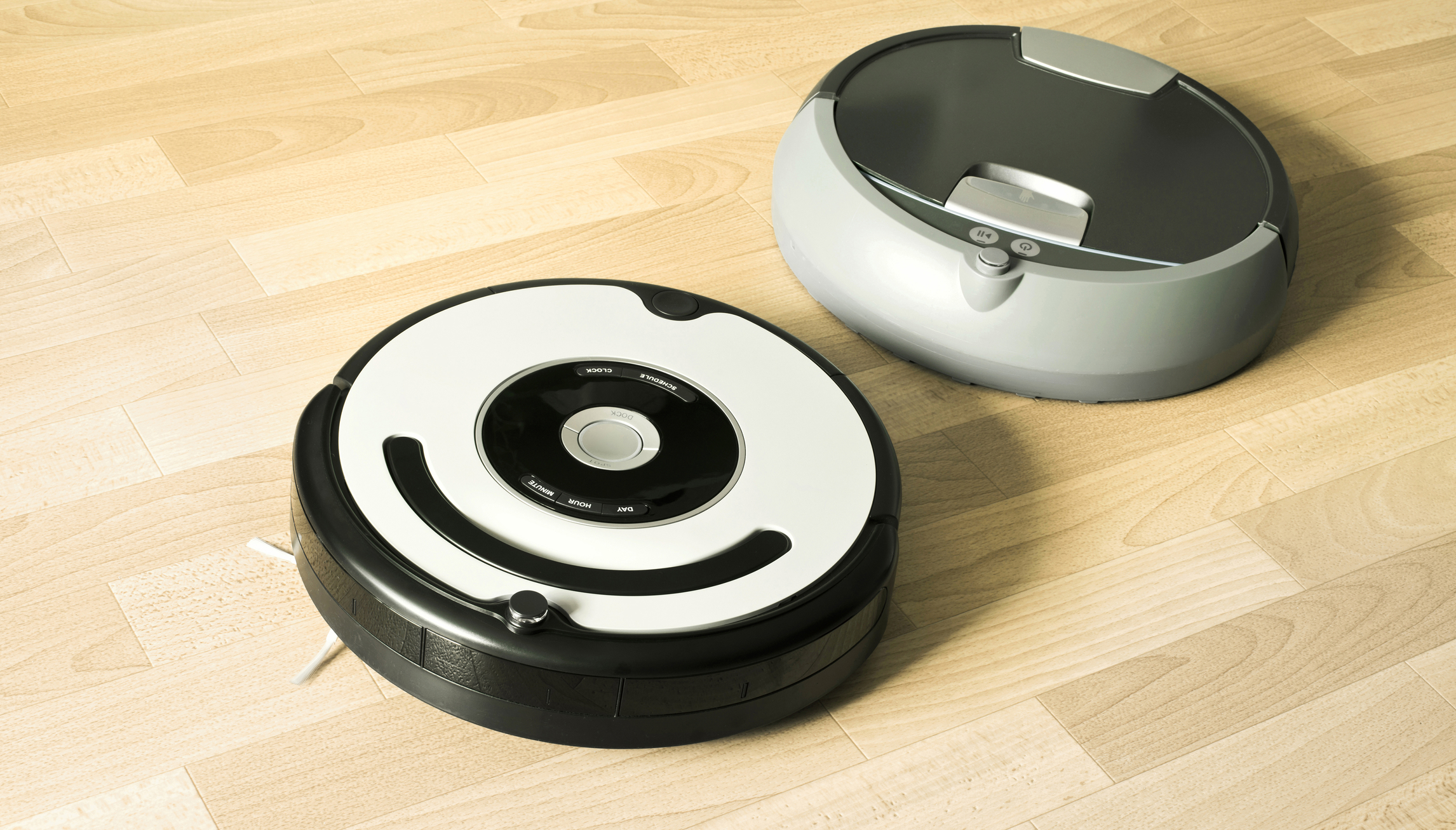
How Robots Are Transforming the Cleaning Industry
Remember how far off the future seemed as a kid? You may have had daydreams about self-driving cars and automated homes.
While some of that is still (sadly) quite a ways off, technology has come a very long way. Case in point, the automated cleaning industry.
While your first thought may be of the Roomba, robotic cleaning is far more advanced and sophisticated than many of us can imagine.
Read on to learn more about how robots are changing the way the cleaning industry operates.
How Does it Work?
Perhaps the most interesting thing about robotic cleaning technology is how it works. This tech is largely based on machine learning, a concept that aims to improve the way machines recognize patterns.
Pattern recognition is extremely important for basic cleaning tasks like vacuuming and sweeping. In order for a robot to accurately clean a room, it first must understand it.
This is where a lot of bumping and banging comes into play. Don’t be surprised if your new vacuum runs into the couch a few times.
A Roomba With a View
If you’re only used to thinking about robotic vacuums, it’s time to expand your horizons.
Although the technology for vacuuming is quite fascinating, as well. For instance, Dyson is working on a line of AI-based home cleaners that connect with a user’s smart home. These new machines use computer vision to detect the dirtiest areas of a user’s home.
These days, there’s a bot for nearly every chore you can think of. Boston Dynamics even created a robotic dog that can load your dishes and pick up trash.
iRobot introduced the Braava a few years ago, which is one of the first robotic carpet cleaners.
There’s also Winbot which gives you the freedom of never washing a window again. No more worrying about smudges and the harsh smell of cleaning chemicals.
And if you hate yard work, be sure to look into LawnBott, which promises to symmetrically cut your lawn.
What Does This Mean for the Cleaning Industry?
This increased focus on automation may make people feel a little bit uneasy. Especially since more companies seem to be working toward an increasingly automated workplace.
While some cleaning jobs will dissipate, most of the industry is safe for the time being. The tech that most of these robots use is specifically designed for a home environment.
That means that there’s still a big need for cleaning services in places like offices and hotels.
It also means that many of these jobs will be replaced by fields like robotics and computer science. The latter, for instance, has seen a tremendous growth.
As of last year, the computer science sector featured an estimated 500,000 jobs for 50,000 graduates. While a job in these fields may not seem feasible for some, there are tons of ways you can learn these skills for free.
At the end of the day, robotic cleaning tech is great for everyone involved. We’ll see less waste, cleaner homes, and fewer back injuries. So next time you’re stuck taking the trash out or scrubbing dishes, remember — soon you’ll have help.
